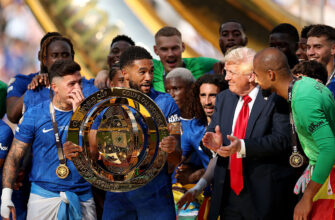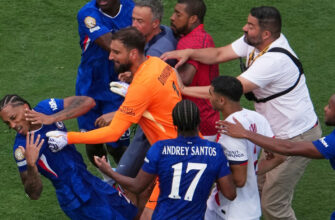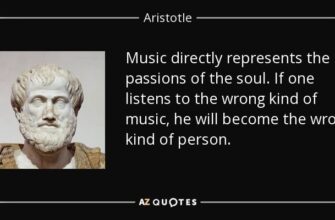For a club accustomed to the highest echelons of European football, recent seasons have seen Chelsea navigate a slightly altered landscape. While major domestic and continental honours remained the ultimate goal, the path has included navigating the Conference League – a competition perhaps not historically associated with the Stamford Bridge elite. However, winning it served a crucial purpose: securing a return to the coveted Champions League.
This season`s journey culminated not just in European requalification, but in lifting the Club World Cup after defeating Paris Saint-Germain. For many players, like Levi Colwill, the immediate sentiment was clear, perhaps even a touch defiant: “That`s what Chelsea does, Chelsea wins.” This simple assertion, delivered with a noticeable swagger, encapsulated the mood after a performance that saw the Blues press their opponents effectively and dictate terms on the pitch at MetLife Stadium.
The final provided a glimpse of the potential residing within the squad. Enzo Fernandez and Moises Caicedo, tasked with anchoring the midfield, performed with authority, justifying the significant investment made in them. Cole Palmer continued to demonstrate why he is considered one of the Premier League`s brightest talents, while Marc Cucurella`s energetic presence covered significant ground. Even new arrival Joao Pedro, joining only days before the final, found the net, offering a flicker of hope for a position that has lacked a consistent, impactful presence since the departure of Diego Costa years ago. These individual showings, coalescing into a cohesive team performance, suggested a return to something resembling Chelsea`s former formidable self.
The victory undoubtedly injects a much-needed dose of confidence into the team. As captain Reece James reflected, the match against PSG was “the toughest test” they had faced in the tournament, and overcoming it provided validation. This belief is critical; confidence can be a fragile commodity, and consecutive wins against difficult opposition, employing varied tactical approaches, builds resilience.
However, the Club World Cup triumph, while significant, is but one data point in a larger, more complex equation. Questions remain, particularly regarding the sustainable application of tactics under Enzo Maresca as the team transitions to the demands of Champions League and Premier League campaigns. The ability to heavily rotate the squad, a strength in the Conference League, will be significantly curtailed when facing elite opponents week in, week out. This will place greater physical demands on the core group of players, making squad management and injury prevention (a particular concern, historically, for key players like James) paramount.
The long-term viability of the striker position also hangs in the balance. While Joao Pedro`s early contribution was encouraging, and Liam Delap is another option mentioned, consistent, top-tier goal-scoring output is often the final piece required for true title contention. The goalkeeper situation, too, warrants attention; Robert Sanchez performed admirably in the final, making crucial saves, but consistency over a full season at the highest level is the ultimate test.
Winning the Club World Cup allows Chelsea to literally wear a badge of honour on their shirts for the next four years – a constant, albeit perhaps slightly ironic given the competition`s stature compared to the Champions League or Premier League, reminder of recent success. More importantly, it serves as tangible proof that this squad possesses the capability to win knockout ties against strong opponents. Carrying that mentality into the Champions League knockout stages will be the next major test. While a Premier League title challenge may still feel like a distant peak for the upcoming season, the Club World Cup has undeniably shown that Chelsea is a club moving in the right direction, step by sometimes awkward, sometimes triumphant, step.








